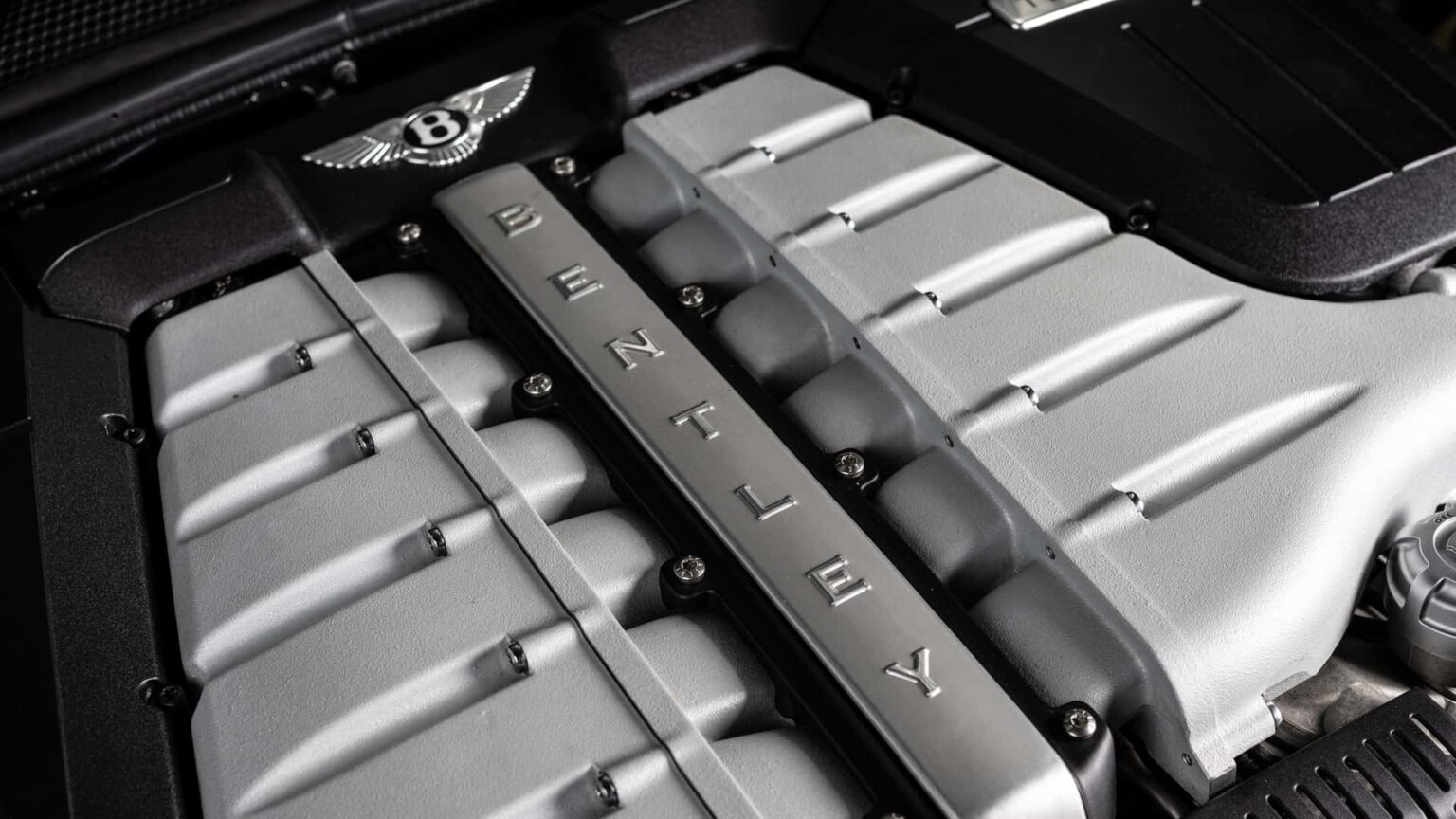Bentley was among the first automakers to enthusiastically announce plans to hop on the electric bandwagon. Five years ago, Crewe pledged to abolish combustion-engine cars by the end of the decade. Reality struck in 2024, when former CEO Adrian Hallmark revealed the company would continue selling plug-in hybrids beyond 2030. At that point, the EV-only portfolio had been projected to arrive in 2033.
After Frank-Steffen Walliser was appointed CEO, the goal was pushed back even further, this time to 2035. Now, even the middle of the next decade no longer seems realistic. Bentley’s boss told Autocar that demand for high-end EVs hasn’t met the company’s original estimates:
‘There is a dip in demand for luxury electric vehicles, and customer demand is not yet strong enough to support an all-electric strategy. The luxury market is a lot different today than when we announced Beyond100 [outlined in November 2020].’
Slower-than-expected EV uptake in the upper end of the market has already forced Porsche and Audi to stick with combustion engines longer than planned. Since Bentley is deeply tied to these Volkswagen Group brands, it too is holding on to ICE. Ingolstadt and Zuffenhausen will continue to invest in gas engines, providing Bentley with access to the latest powertrain technology.
Photo by: Jeff Perez / Motor1
Consequently, cars like the Continental GT, Flying Spur, and the Bentayga SUV will retain gas-only drivetrains, alongside the usual mix of plug-in hybrids and upcoming EVs. Bentley’s first all-electric model was initially scheduled for 2025 but has been delayed by a year. It will be an SUV slightly smaller than the Bentayga, previewed in design by the outlandish EXP 15 concept.
Yet another VW Group brand, Lamborghini, has also postponed its first EV. The Lanzador was initially slated for 2028 but has been pushed to 2029 due to weakening demand for expensive EVs. When it does arrive, the car may still feature a combustion engine, as CEO Stephan Winkelmann recently left the door open for a plug-in hybrid version of the four-seat grand tourer.
This backpedaling highlights how the market has diverged from what luxury brands envisioned at the start of the decade. Yet the European Union still intends to ban new ICE car sales from 2035, leaving automakers caught between a rock and a hard place. The ban will be reviewed before the end of this year, offering a glimmer of hope that at least PHEVs could remain legal beyond the current cut-off date.
Read the full article here



